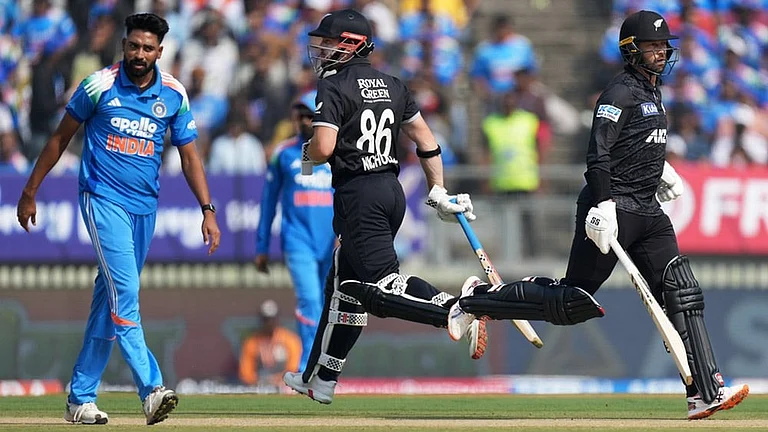The Punjab and Haryana High Court has ruled that granting protection to a married couple in a live-in relationship would be equivalent to condoning "wrongdoing" and promoting bigamy.
In a recent judgement, Justice Sandeep Moudgil observed that such couples, who run away from their parental homes, not only bring a bad name to their families but also violate the right of their parents to live with dignity and honour.
The court's decision came in response to multiple petitions, including one filed by a 40-year-old woman and a 44-year-old man, demanding protection due to a "threat" from their families.
Both of them are living together despite the fact that the man is married and both of them have children. The woman has taken divorce from her husband.
The court said it is of the view that the petitioners were fully aware that they were married earlier and that they could not have entered into a live-in relationship.
"Further, the petitioner no. 2 (the man) has not taken divorce from his earlier wife. All live-in relationships are not relationships in the nature of marriage," the court observed.
If the court holds that the relationship between the petitioners is in the nature of a marriage, it will be injustice to the wife and children of the man, it said.
The court said marriage is entering into a relationship that has public significance as well.
"The institutions of marriage and family are important social institutions that provide for the security and bear an important role in the rearing of children. The celebration of a marriage gives rise to moral and legal obligations, particularly the reciprocal duty of support placed upon spouses and their joint responsibility for supporting and raising children born out of the wedlock," it observed.
"Under Article 21 of the Constitution, each and every individual has a right to live with peace, dignity and honour, therefore by allowing such type of petitions, we are encouraging the wrongdoers and somewhere, promoting the practice of bigamy, which is otherwise an offence under section 494, IPC, further violating the right of the other spouse and children under Article 21 to live with dignity.
"The concept of right to life and personal liberty guaranteed under Article 21 of the Constitution of India includes the right to live with dignity and the petitioners, by running away from their parental homes, are not only bringing a bad name to the families but also violating the right of the parents to live with dignity and honour," the court said.
The court further said, "Merely because two persons are living together for a few days, their claim of live-in relationship based upon a bald averment may not be enough to hold that they are truly in a live-in-relationship, and directing the police to grant protection to them may indirectly give our assent to such illicit relationship."
"In our diverse country, marriage as a social tie is ... essential in Indian society. Regardless of conviction, individuals regard union as a fundamental advancement in their lives, and they agree that moral values and customs must be preserved for a stable community," it added.
India is a country with a diverse set of principles, traditions, rituals and beliefs that serve as essential legal sources, the judge observed.
"Marriage is a holy relationship with legal consequences and great social esteem. Our country, with its deep cultural origins, places a significant emphasis on morals and ethical reasoning.
"However, as time has passed, we have begun to adopt western culture, which is vastly different from Indian culture. A portion of India appears to have adopted a modern lifestyle, namely, live-in relationships," the court said.
(With PTI Inputs)



























